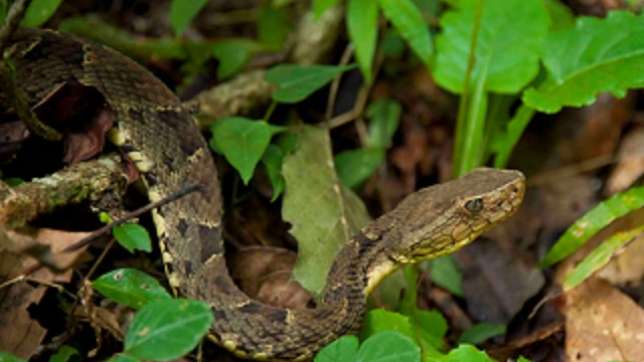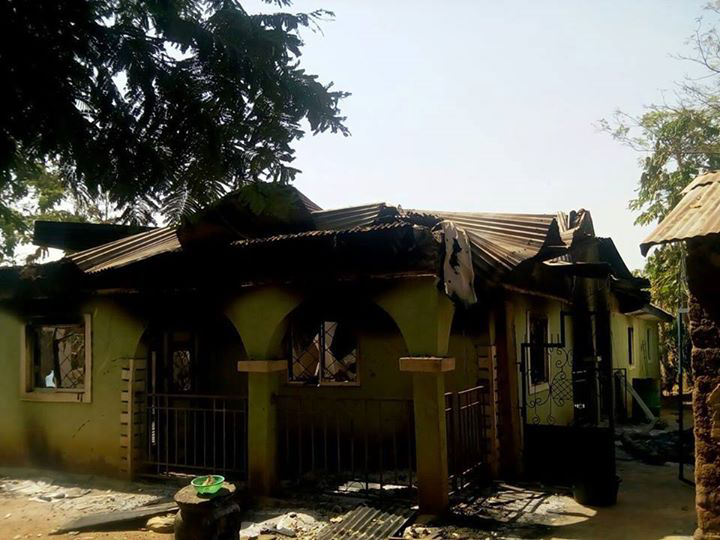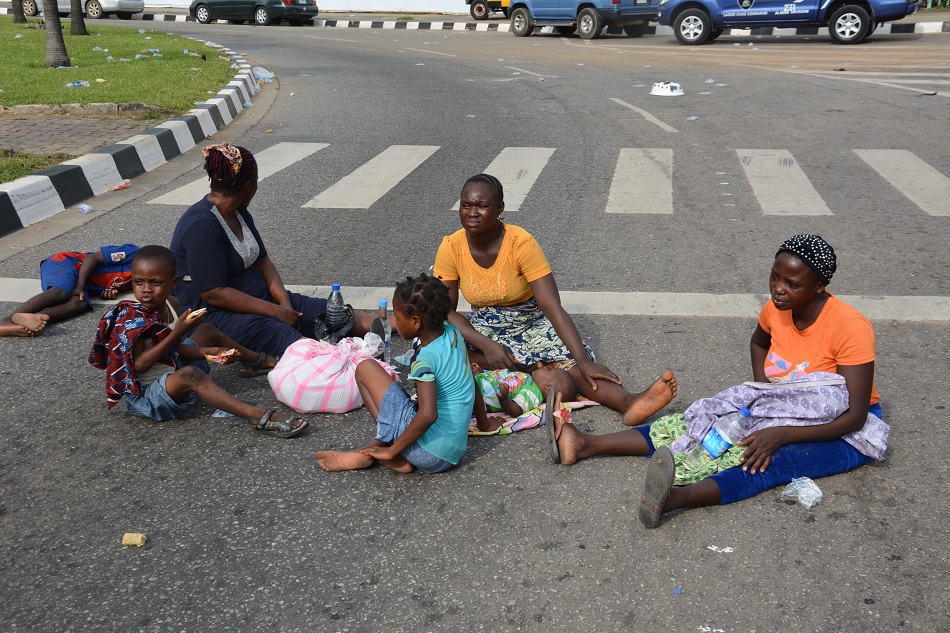A health centre in Zamko, Langtang local government of Plateau state, has recorded 1,500 cases of snake bites in the last 10 months, according to Istifanus Bako, its medical officer.
Bako, who is attached to the outfit that is a rural outpost of the Jos University Teaching Hospital (JUTH), said this in an interview with NAN, in Langtang, on Tuesday.
He said most of the victims are youth, who dip hands into rat holes and get bitten.
Other victims, he said, included cattle rearers tending their flock, as well as farmers.
Advertisement
He said that the number had continued to rise with more patients brought in on a daily basis
“On the average, we record three to four cases daily; on particularly bad days, we we record about 5 to 10,” Bako said.
“The patients keep coming and we have run out of bed space. Some are admitted and acommodated on benches and corridors.”
Advertisement
Bako, however, said that only two deaths had been recorded this year, unlike in 2015 where more than 10 deaths were recorded.
He blamed the two deaths on the late presentation of the cases.
“The victims did not come to the hopital until the tried traditional treatment and found that it was not helping their situation,” he explained.
“Such delay usually lead to intra-cranial haemorrhage; when that happens, the efficacy of our anti-venom, transfusion, vitamin K and other treatments we offer here could be affected.”
Advertisement
The medical practitioner attributed the large number of snakes in the area to the peculiar sandy terrain, notimg that the sand usually give the snakes an excellent habitat and ease of movement.
He said that the venomous vipers, which were common in the area, also use the sand as a good camouflage.
Bako explained that snake bites usually become more common during the hot season, compared to the cold season, because the snakes move around in search of cooler habitats and could end up in people’s homes.
He said that the hospital was sensitising the villagers on the need to desist from rat hunting, while those who must enter the bush were being advised to put on protective shoes.
Advertisement
Bako advised victims against resorting to traditional treatment that often led to complications, and attributed their
action to the inability to pay for the anti-snake venom that cost N25,000 per vial.
Advertisement
He observed, however, that a prompt report to the hospital would reduce the number of anti-venom vials needed.
“Such prompt report wll also reduce the period patients will stay in the hospital and, most importantly, will reduce mortality rates,” he said.
Advertisement






